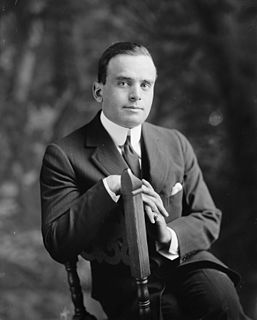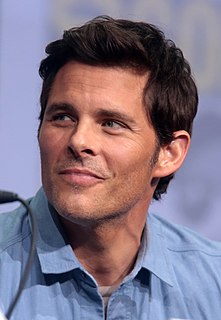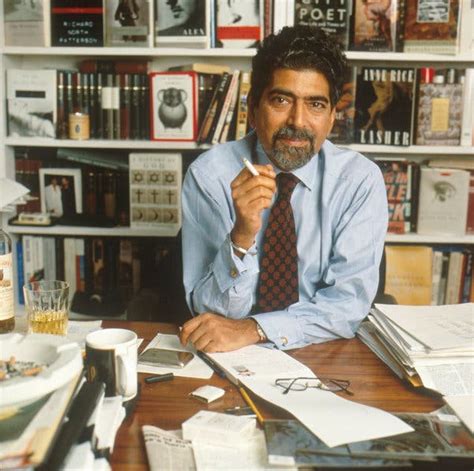A Quote by Margaret Thatcher
No one would remember the Good Samaritan if he'd only had good intentions; he had money as well.
Quote Topics
Related Quotes
We all have ambitions, but only the few achieve. A man thinks of a good thing and says: 'Now if I only had the money I'd put that through.' The word 'if' was a dent in his courage. With character fully established, his plan well thought out, he had only to go to those in command of capital and it would have been forthcoming.
I have always been good at auditioning, but maybe because I had a good trick at the beginning. I would pretend that my agent gave me the wrong scene or lines. They would take pity on me and hand me the right scene. I would act like I had never seen this before - and then do pretty well considering I had already rehearsed it.
But this man had set down with a hammer and chisel and carved out a stone water trough to last ten thousand years. Why was that? What was it that he had faith in? It wasn't that nothin' would change. Which is what you might think, I suppose. He had to know better'n that. I've thought about it a good deal. . . And I have to say that the only thing I can think is that there was some sort of promise in his heart. And I don't have no intentions of carvin' a stone water trough. But I would like to be able to make that kind of promise. I think that's what I would like most of all.
Over the years, there certainly have been plenty of ideas that I've had and given up on, but for this one, the only thing that was standing in its way was me doing it - I just had to write it... And then if it didn't happen, it didn't happen. But I didn't want it to be for lack of effort on my part, so I had hunch that it would be a good story and that we would work well together. And it certainly worked out that way.
Ruling is hard. This was maybe my answer to Tolkien, whom, as much as I admire him, I do quibble with. Lord of the Rings had a very medieval philosophy: that if the king was a good man, the land would prosper. We look at real history and it's not that simple... Real-life kings had real-life problems to deal with... My people who are trying to rule don't have an easy time of it. Just having good intentions doesn't make you a wise king.
Christ said "Thou shalt love thy neighbor as thyself" and when asked "who is thy neighbour? went on to the parable of the Good Samaritan. If you wish to understand this parable as it was understood by his hearers, you should substitute "Germans and Japanese" for Samaritan. I fear my modern day Christians would resent such a substitution, because it would compel them to realize how far they have departed from the teachings of the founder of their religion.
I just always loved comedy and I really wanted to be good at it. And it was heartbreaking, 'cause I started and I wasn't good at it. I was only 17-years-old, so I had a lot to learn about life in general. But I just kept on trying. I was young enough and stupid enough and I had no other choice. I had nothing else I was good at.










































